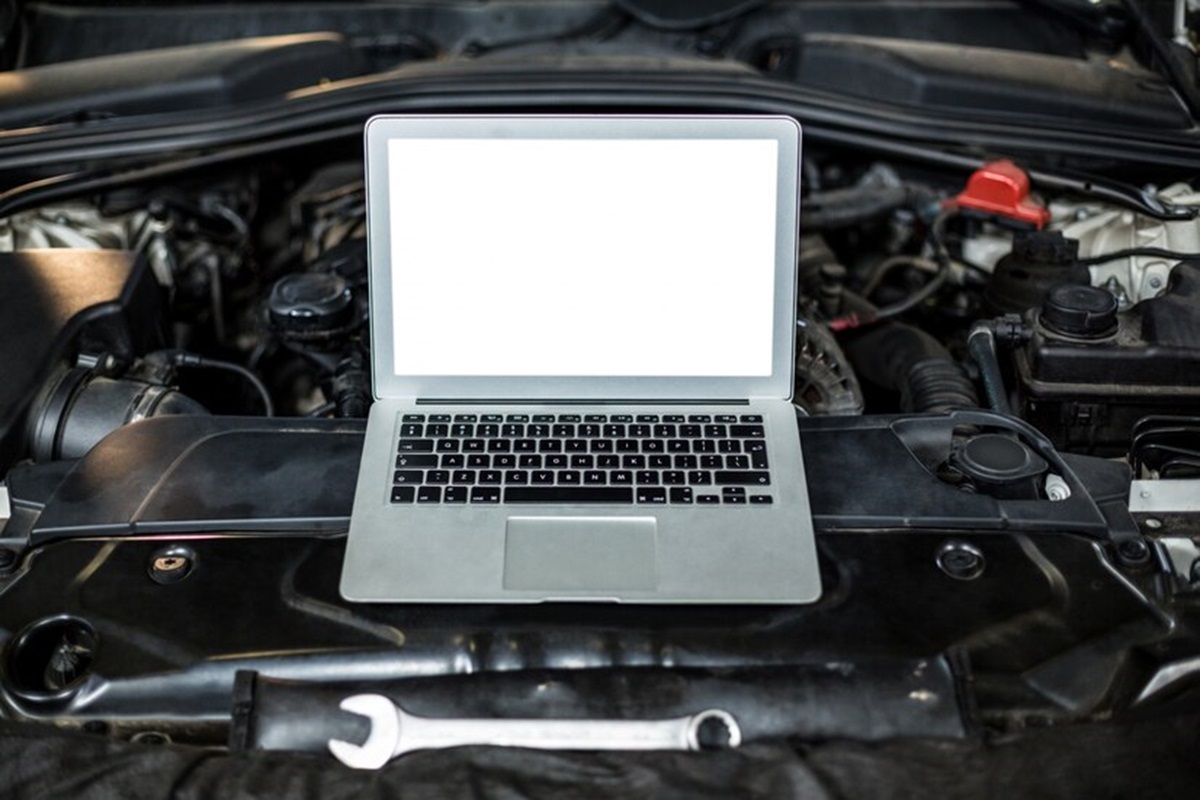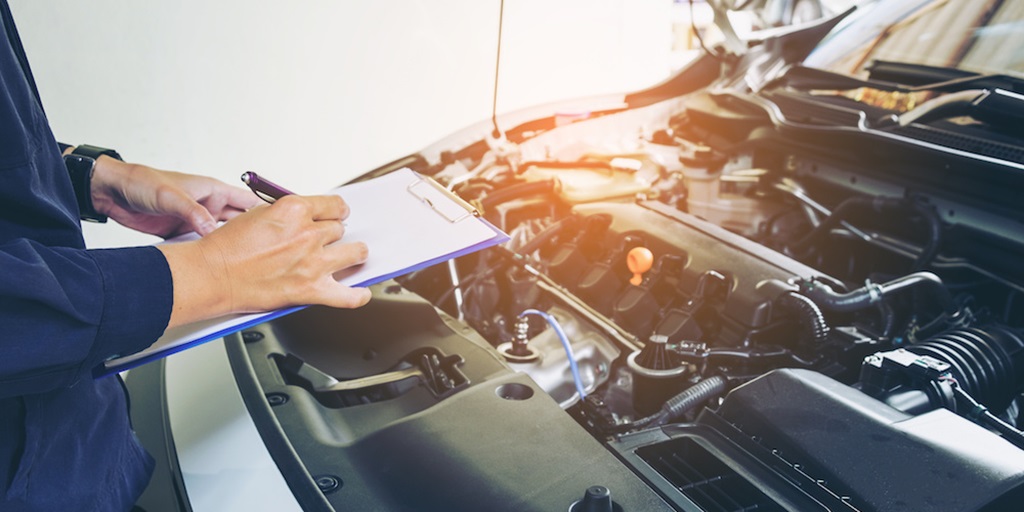Are you dying to get the beast out of your car and take its performance to another level? ECU tuning might be what you need! By optimizing Engine Control Unit (ECU) of your vehicle, you can enhance power output, fuel efficiency and overall driving experience. This exhaustive guide takes you through the process of tuning your car’s ECU, highlighting on the advantages, risks and best practices.
Understanding ECU Tuning
According to a study carried by MI Vehicle, amongst others, some of the important functions controlled by an Engine Control Unit (ECU) include; fuel injection, ignition timing and boost pressure. Thus, ECU tuning modifies this software that controls these parameters in order to optimize their performance. The other way is called chip tuning where a new chip is installed or remapping where existing software is overwritten.
Benefits of ECU Tuning
Increased Horsepower and Torque: This means that if you adjust air-fuel ratio, ignition timing or boost pressure using an ECU tuner it will increase power output significantly.
Improved Fuel Efficiency: The settings in the ECU can be optimized to give better fuel economy which will save money over time.
Enhanced Throttle Response: It also improves on throttle response thereby making it more responsive and agile.
Customization: That implies one could actually do it as per his/her specifications while customizing his/her engine for a better performance with respect to his/her goals.
Also Read: What is Multi Point Inspection on a Car
Risks and Considerations
Warranty Void: Keep in mind that modifying your vehicle’s ECM may mean losing any warranty for such vehicles from its manufacturers thus think about this before proceeding.
Engine Wear: Higher power outputs put extra strain on engine components which then maybe affected negatively reducing their lifespan.
Legality: Understand your localities regulations because there are certain changes made on ECUs which are illegal in specific areas known hence research prior to tuning up.
Professional Help: Damaging your engine is obviously risky especially during ECU tuning which is a complex process that needs specialization. It’s always prudent to get assistance from a professional tuner.
The Tuning Process
Consultation: Chat to a professional tuner about your goals and expectations.
Pre-Tuning Checkup: Ensure your car is in good condition before tuning, addressing any existing issues.
Dyno Tuning: During the tuning process, your car will be monitored for performance using a dynamometer.
ECU Setup: The ECU settings will be programmed by the tuner in accordance withyour specific preferences.
Road Testing: Your vehicle should go through some on-road testing after being initially tuned so as to ensure the best performance under real road conditions.
Conclusion
However, it is important to consider whether it is worth it in light of the risks associated with enhancing your vehicle’s performance through such modification. By familiarizing yourself with this process, getting expert help and following these recommendations, you can securely tune your vehicles ECM for maximum outcomes. It must be remembered that an efficiently tuned engine does not only perform better but also makes driving enjoyable.






